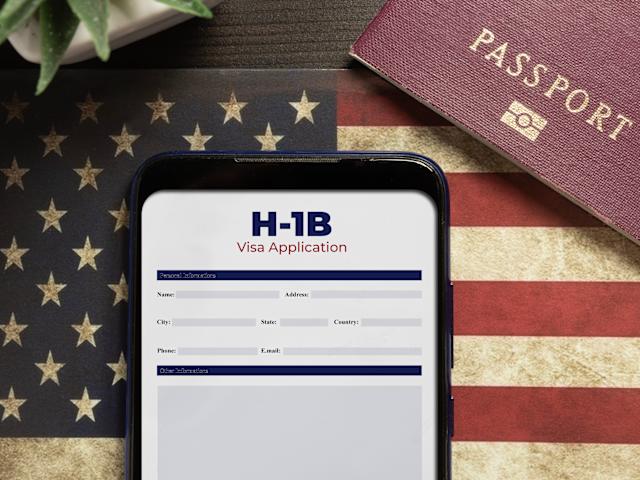The U.S. technology sector is voicing strong opposition to a newly proposed $100,000 application fee for H-1B visas, warning it could disrupt the country’s ability to attract and retain top global talent. Industry leaders argue the policy risks reshaping the innovation economy by making it financially prohibitive for companies to hire specialized foreign workers.
H-1B’s Critical Role in Innovation
The H-1B program has long been a cornerstone of U.S. competitiveness, enabling firms to hire highly skilled workers in software engineering, AI, data science, and semiconductor design. With chronic shortages in these fields, tech companies say the proposed fee would act as a “talent tax,” pushing opportunities and innovation overseas.
Startups and Enterprises at Risk
Analysts note that many companies file hundreds or thousands of applications annually. At $100,000 each, the costs could quickly spiral into billions of dollars for large corporations. Startups and venture-backed firms, already operating under budget constraints, would be hit hardest—potentially cutting off access to the very talent needed to scale.
Potential for Offshoring
Executives warn the policy could accelerate remote and offshore hiring. Rather than absorbing massive costs, companies may keep workers in their home countries, undermining the U.S.’s role as the global hub of cutting-edge research and development.
Global Competition for Talent
The proposal comes as nations such as Canada, the U.K., and Singapore are positioning themselves as more welcoming destinations with streamlined visa pathways and lower fees. U.S. industry leaders argue the fee could tip the scales further, leaving America at a disadvantage in the global AI and tech talent race.
A Divisive Policy Debate
Supporters contend the measure could raise government revenue and incentivize domestic hiring. Critics counter that it ignores the reality of severe skill shortages in areas like cybersecurity, semiconductors, and AI engineering. Industry groups, investors, and advocacy organizations are lobbying to block or amend the proposal during public consultation.
Uncertain Future
If enacted, the $100,000 fee would represent one of the most consequential shifts in U.S. immigration policy for the tech sector in decades, forcing companies to rethink hiring strategies and potentially redefining where the next generation of innovation is built.

